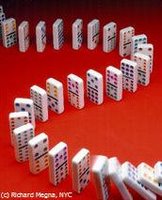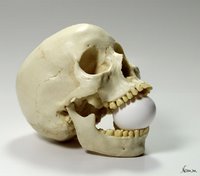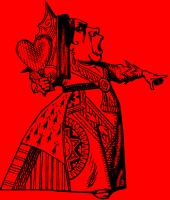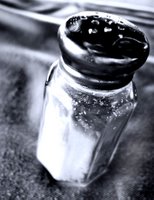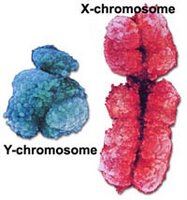
I have just come from Sunday brunch with my wife, youngest daughter
and her husband at my Country Club, and during lunch I kept thinking
about how habits hold us all. We were on time at twenty after ten
as agreed, which is my own life-long habit, partly from my years
in radio and television but also following the ways of life of
my maternal grandfather, who was always ready twenty minutes early.
I favour him because he was short among tall people, as I am. My
paternal grandfather was six foot ten, or rather a brother of his
was. About my father's father I never knew, as he was knifed in
the back by a drunk whom he was throwing from his dining room saloon
out in Colorado during one of the gold rushes. I'll get back to
that later, but this column is about habit.
Actually, my daughter and her husband were right on time, on their
own time, because they are knowingly and even consciously twenty
minutes late for everything. I know that they could change that
if they wanted to enough. Now I'll go back to a time when a surgeon,
whom I had taught to cut up cats in pre-medical school, took
two-thirds of my left lung for
cancer
in a nine-hour operation.
When the pathology report came back the first of the following week,
the suspicious lump had been calcified tuberculosis. So I was sent
to the TB hospital for some months for a disease I hadn't had for
years. There we were on bed rest for the first couple of
months, except once a day to the toilet. We were supposed to sleep
from noon till one o'clock, although in bed 24 hours a day, and
I thought this was hilarious. However, after about three weeks
I could tell when noon approached because I was falling asleep.
That's when I really learned about habit, and have used it to my
benefit many times since. It works especially well if you use it
to replace a bad habit. After two weeks, you feel guilty if you
don't do whatever it is now your habit to do.
Change of habit can be done, and you can almost make yourself over,
habit by habit, to a new, better designed you.
I have been writing these pages or columns or whatever long enough
that I feel vaguely badly if I were not to do it. Since it is a
habit for me to tell other people what to do, now you can go do it.




